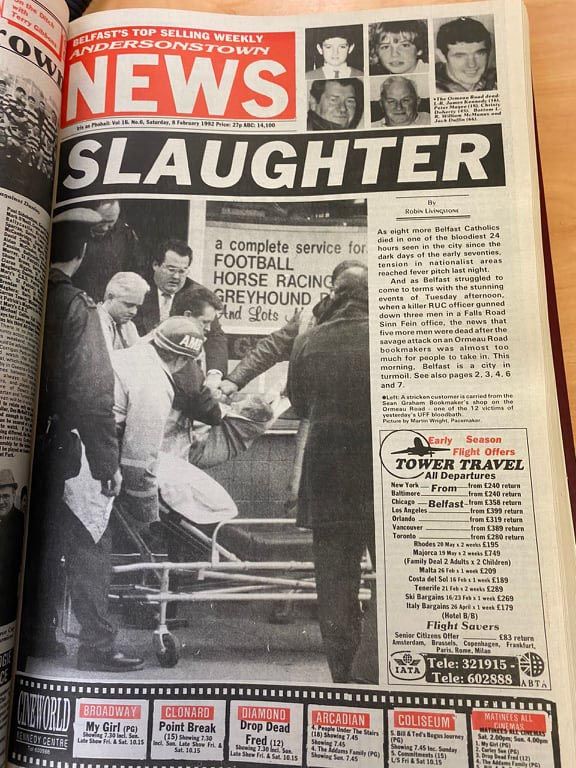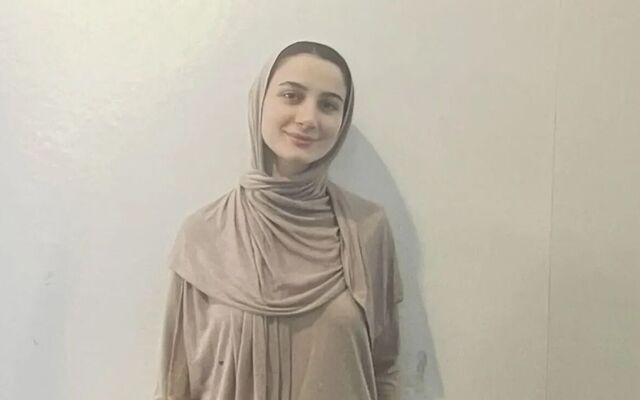LIKE every newspaper in Belfast, as we progressed through the 1970s, 80s and 90s we were acutely aware of a growing trend of people reporting suspicious British Army and RUC actions and behaviour patterns before and after loyalist attacks on nationalists and republicans. We were in no doubt what this meant, and where and when we were told about it, we reported it.
A small and commendable number of other media outlets can make the same claim, but generally speaking relatives, residents and eyewitnesses who were in positions to know what they were talking about were ignored or sidelined when they attempted to make themselves heard – a state of affairs which meant that state collusion with loyalist murder gangs could not only continue, but intensify with every passing year.
Three days ahead of the Tuesday publication of the latest blood-chilling report on collusion, we reported ‘Families expect Ombudsman’s report to be damning’. The families of the Ormeau bookies massacre had not seen the report; nor had we. But they knew what the Ombudsman had in her hands, as did anybody who took the trouble to pay attention over the past 34 years, and they knew that any other finding would have been a slap in the face of justice.
Relatives say Police Ombudsman's report is truly 'shocking' https://t.co/0SsIKsi8UE
— Andersonstown News (@ATownNews) February 8, 2022
The reaction of unionism to the latest development in a growing tide of evidence that the RUC was using loyalist killer gangs as proxies in its war against the nationalist and republican community has been wearily familiar. In a debate on the report in the Assembly chamber, incandescent MLAs jumped to their feet to repeat the mantra that is so battered and abused that it long ago lost any meaning: “What about the IRA?” Not a thought was given to how the families of these entirely innocent victims felt when they saw what should be a conversation about what the state did to people it claimed as its own turn into a tawdry game of moral ping-pong in which their relatives were put on the same side as the IRA in an attempt to damage the report and tarnish their reputations.
There is a debate to be had on what the IRA did, just as there is a debate to be had about what every protagonist in the conflict did. But those with a genuine desire to get to the truth about what republicans did to their loved ones or to their community should be aware that when that debate is used by unionists not as a genuine attempt to move closer to some kind of resolution, but as a cynical deflection from deeply uncomfortable facts, then truth moves further away, not closer.
On the wider issue, this week’s report is a perfect example of why the British Government remains determined to explode every international norm of justice and best practice and bring an iron curtain down on the past. Behind the South Belfast families stands a seething, indignant and proud mass of others who are equally determined to give their loved ones justice. More British bad faith may hurt them, but – as ever – it will make them stronger.








